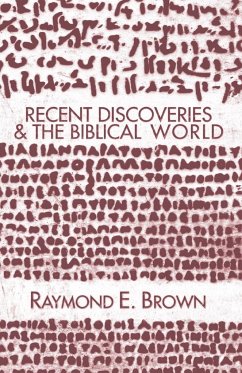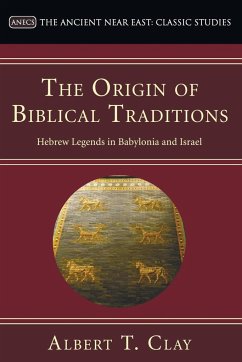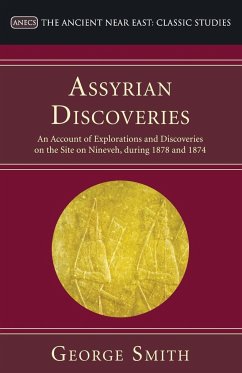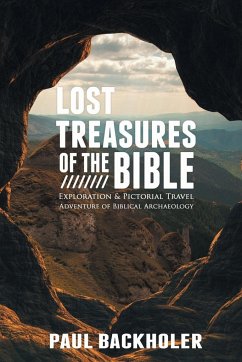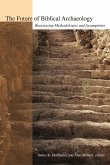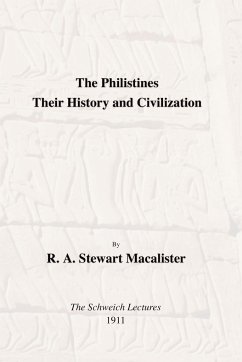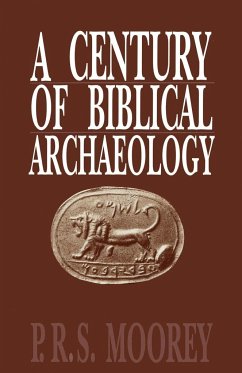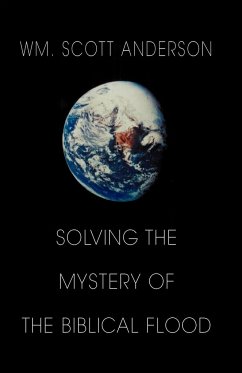One of the most fascinating aspects of biblical research today involves Near East discoveries and how they cast light on the Bible. Newspaper headlines are made by the Dead Sea Scrolls, or Gnostic Gospels, or an Inscription by Pontius Pilate, or unearthing the bones of a crucified Jew from the first century, or the Shroud of Turin. Here is a handy guide discussing some twenty-five of the most significant archaeological and documentary finds of our times, and explaining how they broaden our knowledge of the biblical world. For the general reader this is a most helpful companion to the 'New Testament Message' and 'Old Testament Message' series. The author, Raymond E. Brown, has been described by 'Time' as probably the premier Catholic Scripture scholar in the U.S. The Sulpician priest, who is Auburn Distinguished Professor of Biblical Studies at Union Theological Seminary in New York City, has been awarded over a dozen honorary doctorates from American and European universities. He was commended by Pope Paul VI for his learning, prudence, and Catholic regard for the Magisterium of the Church. In a revealing Introduction Brown reports that reading about such discoveries was the spark that moved him to commit his life to formal Bible study. These discoveries helped him to develop his cardinal principle of biblical interpretation: The Bible as word of God is a combination of divine inspiration and human time-conditioned perception. A knowledge of the civilizations and places in which God's people lived should convince open-minded Bible readers that the time-conditioning must be acknowledged if one is not to distort the Scriptures.
Hinweis: Dieser Artikel kann nur an eine deutsche Lieferadresse ausgeliefert werden.
Hinweis: Dieser Artikel kann nur an eine deutsche Lieferadresse ausgeliefert werden.

